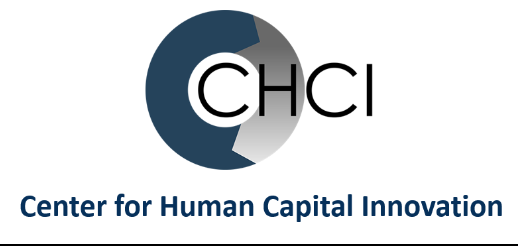Office parties have always been equal parts celebration and social experiment. They can connect workers from different parts of the […]
Make Your Year-End Performance Reviews Meaningful
End-of-year performance reviews (and mid-term reviews, for that matter) are one of corporate life’s least loved rituals, typically despised by […]
How to Keep a Tough Crowd From Derailing Your Meeting
Facilitation is generally considered the secret weapon to leading a productive meeting. The planning that comes with facilitation can help […]
Avoid Leading a Meeting That “Could’ve Been an Email”
You’ve probably been in that meeting — the one where the agenda looks promising, but the conversation drifts, time runs […]
How Limiting Remote Time for New Hires Raise Job Satisfaction and Performance
Most leaders agree the “where” of work should follow the “why,” meaning the best workplace strategies don’t start with location—they […]
How to Make Your AI Strategy Work
Artificial Intelligence (AI) is both over-sold and under-used. Some are dazzled by demos and new tools; others are tired of […]
A Skills-Based Organization Is Your Next Strategic Imperative
The last few years have exposed a hard truth: the old way of organizing work around fixed job titles doesn’t […]
Hybrid Coaching: The Future of Career Development
Workplace learning looks much different than it did a decade ago. In the past, in person training was the norm, […]
Top 5 Drivers of Job Satisfaction in 2025—and What to Do About Them
After 15 years of incremental improvements, job satisfaction among U.S. workers reached a historic high in 2025. According to The […]
Beyond Applause: Designing a Recognition Culture That Actually Works
Companies pour millions of dollars into engagement surveys, leadership development, and performance tools — all chasing the elusive goal of […]











